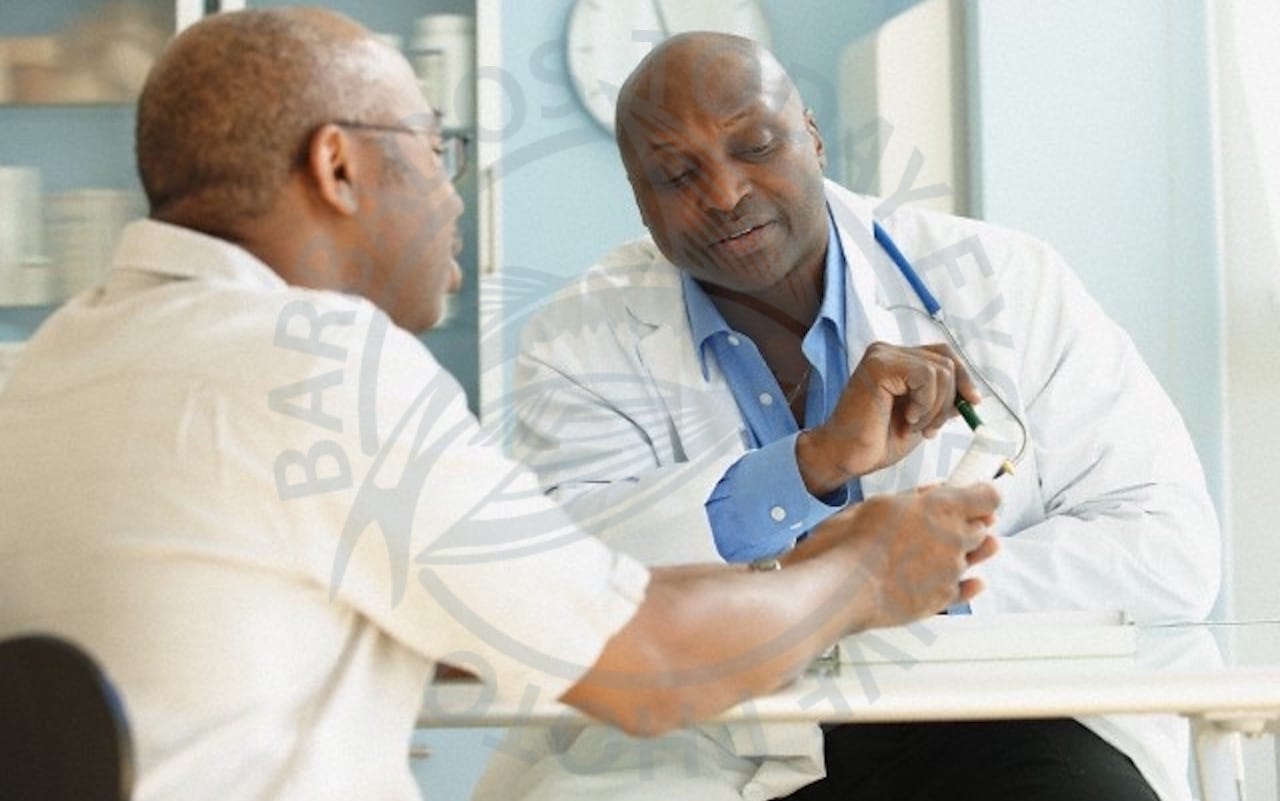The Pan American Health Organization (PAHO) Monday said the life expectancy for men in the Caribbean is 5.8 years below that of women, partly because societal expectations contribute to risk-seeking behaviours.
The new report titled Masculinities and Health in the Region of the Americas was launched on the eve of International Men’s Day to be observed tomorrow.
The report notes that societal expectations of men to be providers, to engage in risk-seeking behaviours, to be sexually dominant, and to avoid discussing their emotions or seeking help, behaviours commonly referred to as “toxic masculinity,” are contributing to higher rates of suicide, homicide, addictions, and road traffic accidents, as well as chronic non-communicable diseases among men.
“We must not lose sight of the fact that women bear differential risks associated with their status as women,” said Anna Coates, PAHO’s Chief of the Equity, Gender and Cultural Diversity.
“But the socialization of men also leads to a broad range of health problems that can only be addressed through responsive health policies, programs and services that focus on their particular needs.”
The report also highlights that one out of five men die before the age of 50 and many of the leading causes of death in the Americas, including heart disease, interpersonal violence and road accidents are directly related to socially constructed “macho” behaviours.
According to the report, the gender roles, norms and practices socially imposed on men reinforce a lack of self-care and neglect of their own physical and mental health.
It said that this concept of masculinity, or “machismo” as it is known in the Americas, leads to three overarching risks; risk to women and children, in the form of violence, sexually transmitted infections, and lack of shared responsibility in the home; risk to other men, such as accidents, homicides and other violence; risk to self, such as suicide, accidents, alcoholism and other addictions.
“Not only does this affect the health of men themselves, but it also leads to negative outcomes for women and children in terms of interpersonal violence, the transmission of sexually transmitted infections, imposed pregnancy and absent paternity,” PAHO said.
The report also highlights that discrimination around age, ethnicity, poverty, employment status and sexuality further compound these negative health outcomes for men.
Differences in male and female mortality in the Americas begin to emerge at around the age of ten and rapidly increase from the age of 15 when violent causes of death, such as homicide, accidents and suicide, predominate. As a result, the mortality rate of young men is around four to seven times higher than that of young women.
While global data for some causes of death, including chronic obstructive pulmonary disease (COPD), lower respiratory infections and diabetes remain similar between men and women, three of the leading causes of death show significant variations between men and women.
PAHO notes that from the age of 50, chronic non-communicable diseases begin to disproportionately affect men, who are less likely to engage in self-care or seek medical attention early.
“As a result, while there are more boys than girls born in the world — 105 boys for every 100 girls — this number starts to invert between the ages of 30 and 40, and by the age of 80, there are 190 women for every 100 men as men die at younger ages.”
PAHO said to address issues around male socialisation and achieve gender equality in health, women and men need access to health services that take their particular needs into account.
The report calls on countries to implement nine recommendations to help improve the health of men.
These include improve, systematise and disseminate data on masculinities and health, develop public policies and programmes for health to prevent and address the main problems affecting men through the life course as well as eliminate the barriers that prevent boys and men from accessing care.
PAHO also recommends the development of inter-sectoral initiatives that incorporate health in all policies, particularly in education, promote existing positive health practices that men already engage in and ensure the participation of all communities.
It also recommends measures to promote capacity building on gender and masculinities for health sector workers, strengthen prevention and health promotion programmes directed at children and young people and ensure that institutions, including the health sector, universities and civil society focus on preventing the impact and costs of rigid/toxic masculinities. (PAHO)




